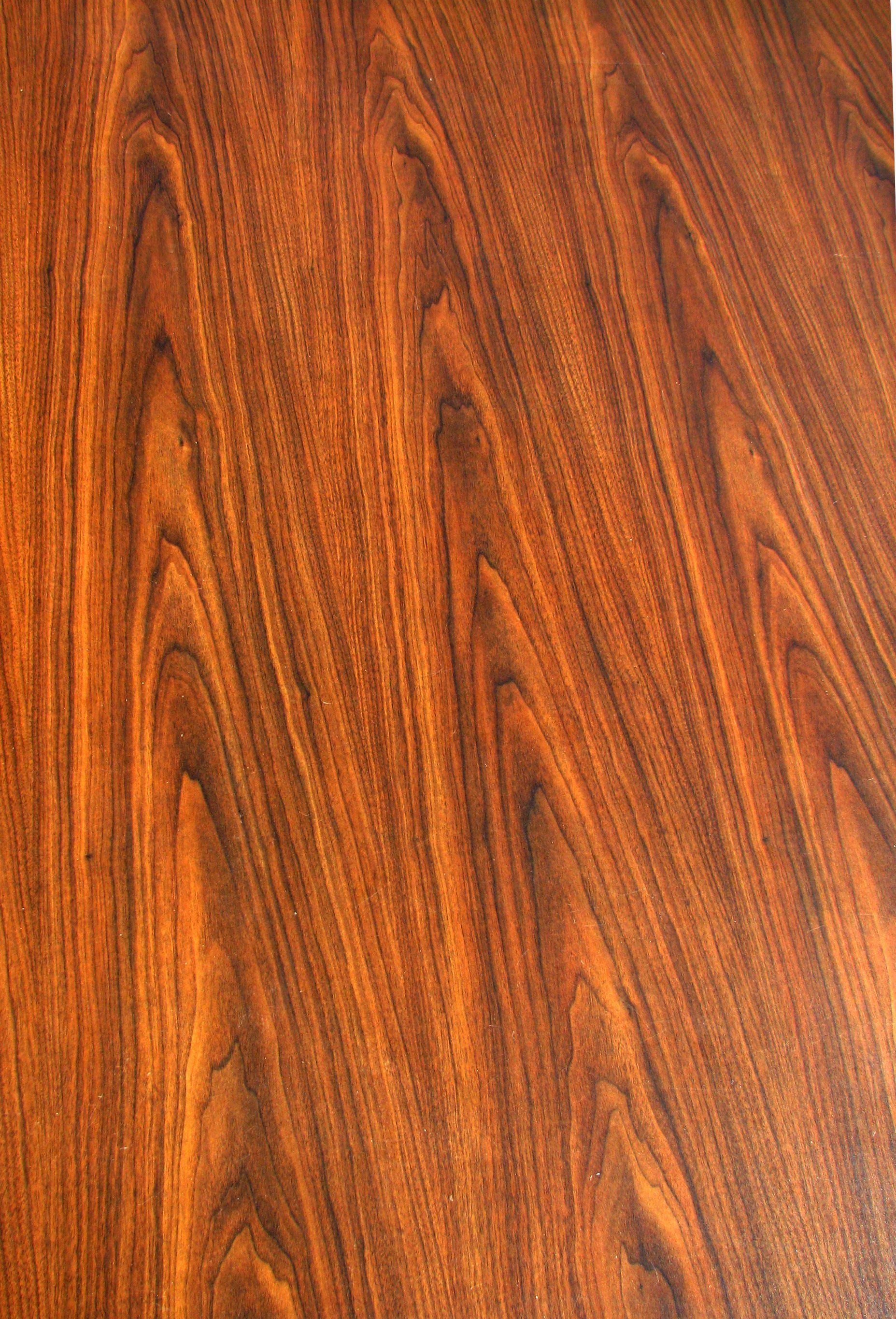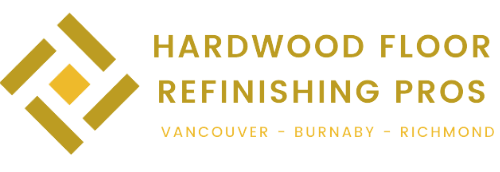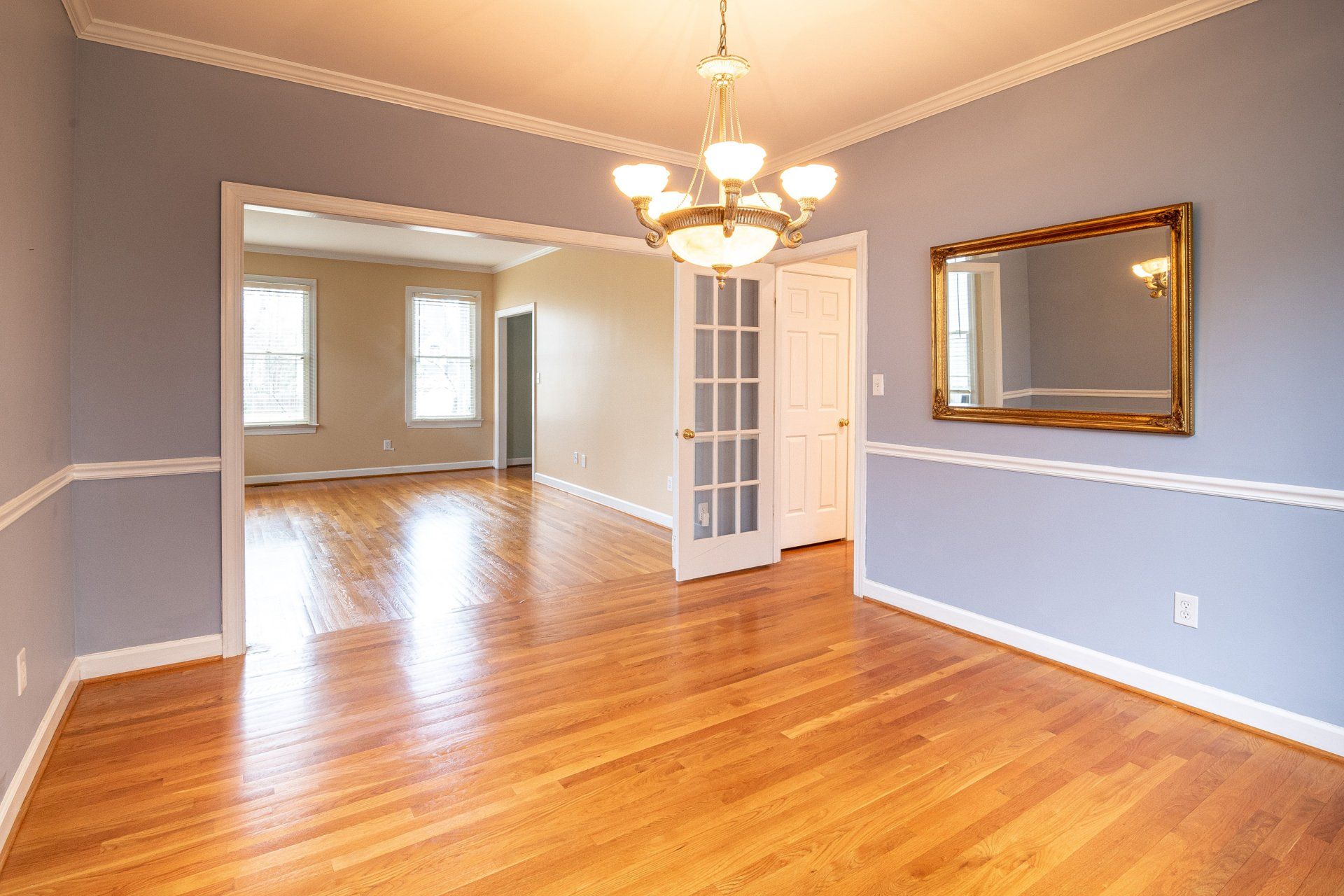Who Needs Engineered Hardwood Flooring?
Who Needs Engineered Hardwood Flooring?
When is Engineered hardwood flooring necessary? In light of the numerous compliments we've received, we're recommitting ourselves to guiding and helping. On to the subject at hand! Engineered flooring is genuine hardwood as opposed to laminate flooring, which resembles wood but is artificial.
Engineered flooring consists of several core layers of plywood, high-density fiberboard, or another form of hardwood that are bonded together, and a thin layer, or veneer, of a specific hardwood flooring species that is put on top of those core layers. This makes the floor more stable. What does this entail? Are wooden floors unstable? Hardwood flooring is an excellent option for long-term satisfaction, but it is an organic material that responds to its environment.
The primary environmental factors that cause the hardwood to shift are moisture, humidity levels, and heat. Yes, wood flooring shifts over its lifetimes! Extreme humidity can cause boards to swell, while extreme dryness or cold can cause them to shrink, resulting in seasonal gapping. Moreover, under really severe conditions, solid wood floors might warp, cup (the edges of the boards tilt upward), swell, and separate.
Engineered hardwood flooring is a multi-ply plank of several different layers glued together, as opposed to a solid piece of wood that moves as a single unit. Therefore, it resists twisting and cupping and remains flat and unbroken.
Like solid hardwood, engineered flooring is available in both unfinished and prefinished forms. There are more options for prefinished Engineered flooring than there are individuals to buy them. We continue to believe that no prefinished product can ever match the elegance of a professionally site-finished wood floor! If you choose Engineered, purchase unfinished Engineered and have it sanded and finished to your exact specifications!
As with solid hardwoods, engineered wood flooring is also available in a variety of species and grades. Engineered wood flooring offers the same variety of possibilities as solid hardwood flooring.
When should Engineered flooring be used? Isn't solid hardwood better? The answer to this is both Engineered and Solid flooring have advantages, but there are specific instances when Engineered flooring can be used and Solid flooring cannot:
1. Engineered flooring can be placed directly on the concrete because of its more stable composition. It does not need a subfloor made of plywood as solid hardwood flooring does. If you have a concrete subfloor, it is frequently less expensive to install engineered flooring because you do not need to buy plywood and/or pay for the installation labor.
In addition, clearance concerns are rarely encountered when putting engineered wood flooring directly onto a concrete slab. Frequently, when placing a 3/4" plywood subfloor and a 3/4" hardwood floor over a previously carpeted slab, doors must be cut, and baseboard heating pipes must be lifted to suit the 1.5" height rise of the new flooring.
2. Engineered flooring is an excellent option for below-grade applications, such as basements, which are frequently subject to significant humidity and moisture fluctuations. We do not suggest the installation of solid hardwood below grade.
3. People adore the trend toward wider planks, but because of their increased surface area, wider planks are more subject to extreme seasonal gapping. Gaps drive some folks insane! Engineered flooring is less susceptible to seasonal gapping since it has a plywood core with multiple layers and a thin veneer of hardwood.




